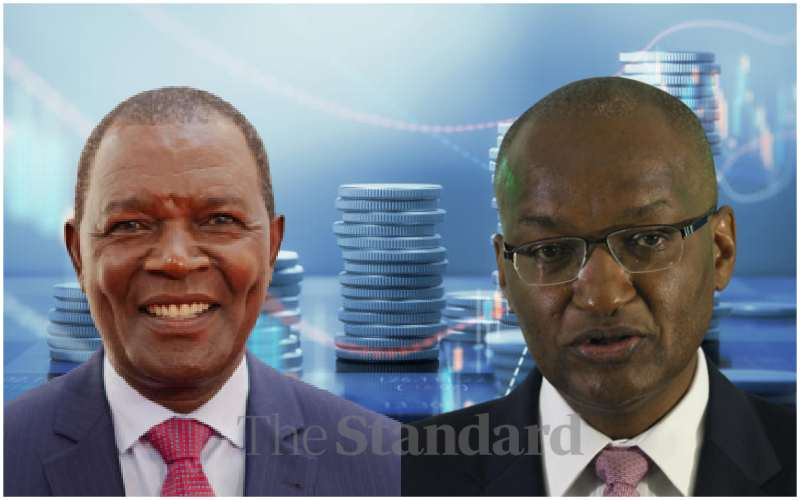×
The Standard e-Paper
Fearless, Trusted News

Days after the former National Treasury Cabinet Secretary Henry Rotich and his Principal Secretary Dr Kamau Thugge were hounded out of office on allegations of misappropriating public funds, the Central Bank of Kenya (CBK) Governor Dr Patrick Njoroge, went for the jugular.
In a rare bare-knuckle attack on Rotich's tenure, Dr Njoroge described Treasury's budget-making process as "abracadabra," where revenue numbers were randomly included in the budget books "from thin air."







